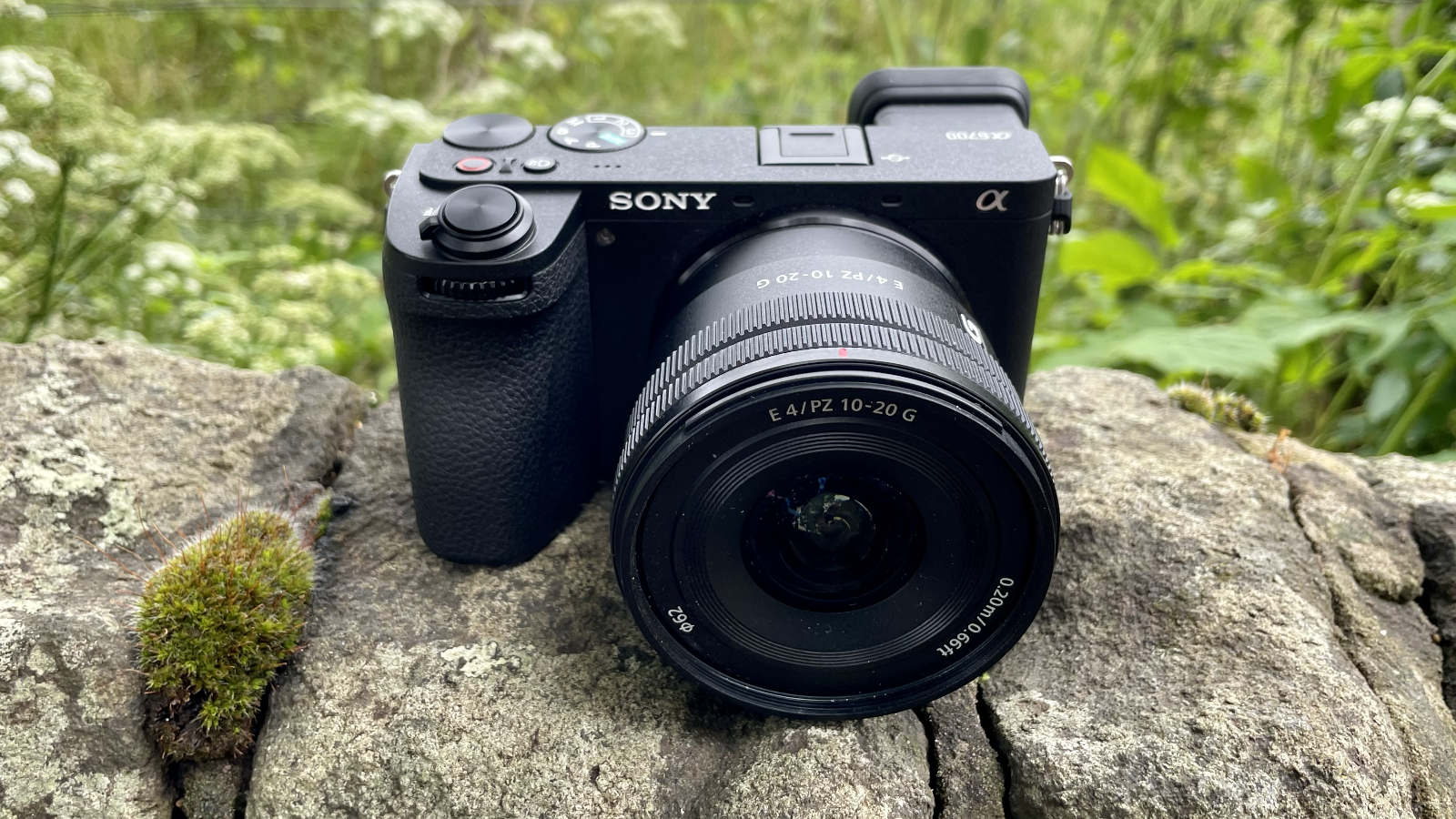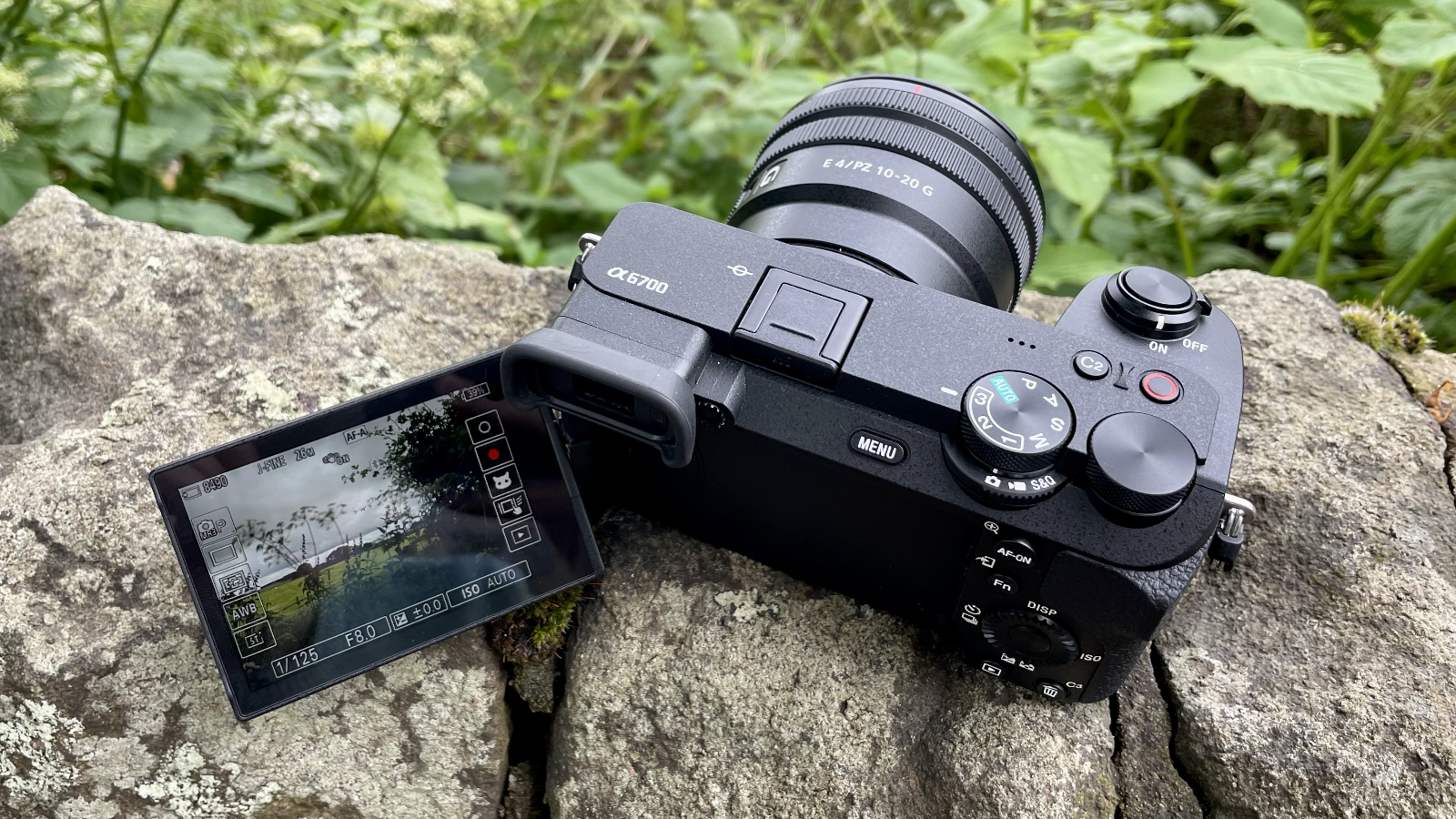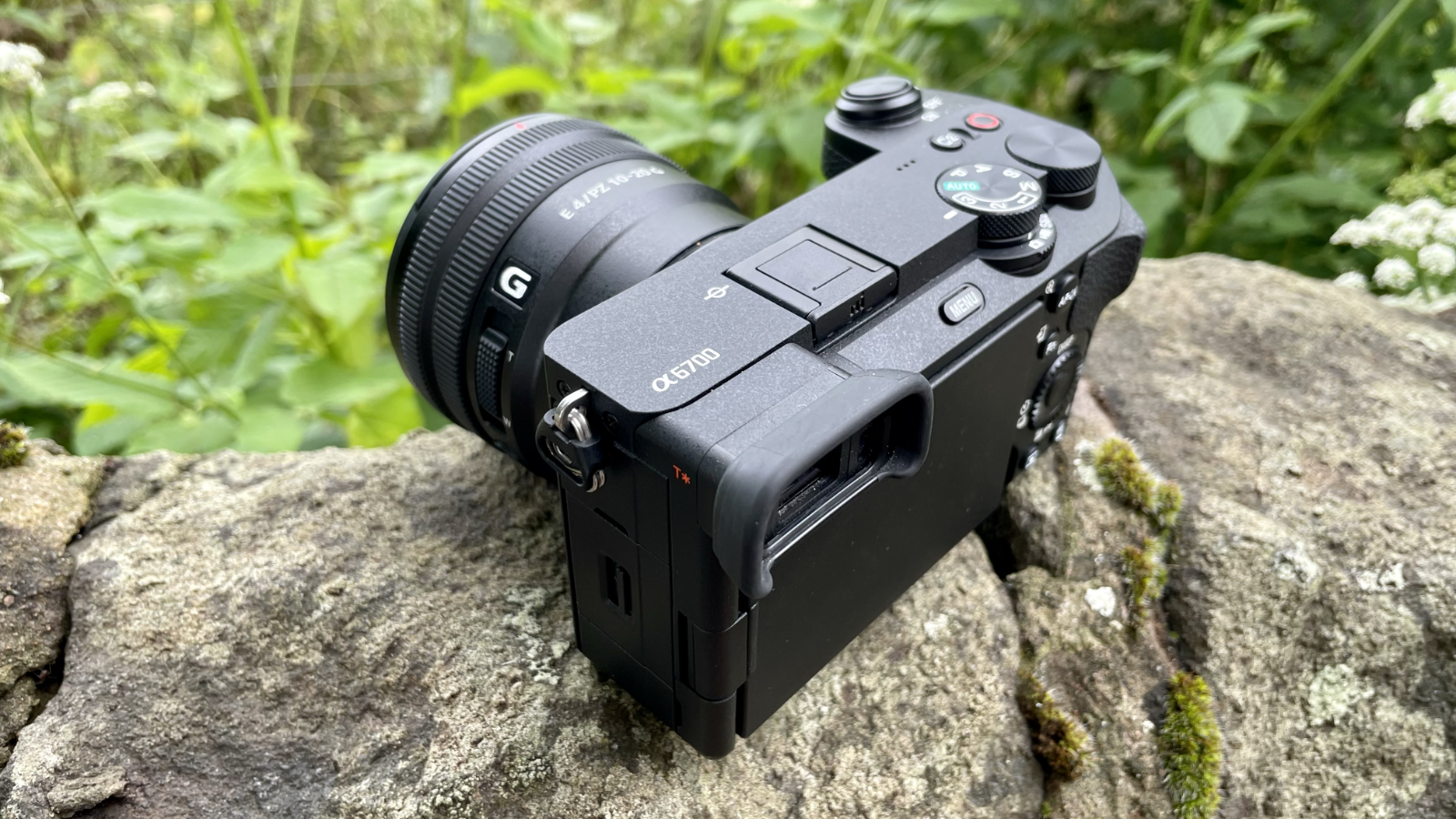
Roughly four years since the Sony A6600, the camera giant has finally launched its latest flagship APS-C mirrorless camera in the shape of the Sony A6700.
The concept is familiar: keep the smallest possible form factor, create one of the best travel cameras around and pack it with class-leading, cutting edge tech – this is Sony after all.
Our full Sony A6700 review is already live, and we’ve found the new APS-C model mixes the sublime with the ordinary, so let’s quickly unpack where the A6700 thrives and, ultimately, is held back.
Class-leader
Packing the same Bionz XR processor and AI-powered chip as the Sony A7R V and Sony ZV-E1, the A6700 delivers class-leading tracking autofocus. Here it’s a wide-coverage 759-point phase detect autofocus with a more sophisticated subject tracking capability than rivals, that not only recognizes subjects, but posture as well which improves the camera’s ability to lock focus where it matters most.

There’s other AI-powered smarts a la ZV-E1 such as auto tracking, which makes life as a solo shooter all the easier. We’ve written more extensively about how AI is transforming how our cameras work, but it’s some clever stuff that can, in one example, replicate the effect of a human camera operator.
Photographers can shoot 26MP stills in lossless compression raw, while 4K 60p video is taken from oversampled 6K. Sony claims the A6700 controls the adverse effect of rolling shutter much better than the Sony A6600, plus it features 5-axis in-body stabilization to steady your shots. There’s also class-leading battery life – the camera’s FZ-100 battery blows rivals out the water. All-round, the A6700 is a highly capable hybrid.
Familiar shooting experience
The A6600 and A6700 are largely indistinct from each other, but the A6700 brings a swathe of handling improvements such as a larger handgrip, plus additional physical buttons and dials, including a much-requested front control dial. Its touchscreen is better, too; the vari-angle unit has more versatile touch functions, whereas the A6600 was restricted to AF point selection only.
The Sony A6700 has a list price of $1,400 / £1,450 / AU$2,499 body only. That price is similar to the launch price of the A6600, which actually makes the A6700 a better value considering inflation and technological advances.
Unlike the Canon EOS R7 and Fujifilm X-S20 / X-T5 rivals (the A6700 pricing is smack bang in the middle of those Fujifilm options), the A6700 has a flat top plate design, with its 2.36m-dot electronic viewfinder sitting flush in the top left of the body. It is, therefore, the most physically compact camera at this level, but that comes with compromises whereby the controls feel a little cramped and limited.
Rivals have a central and raised viewfinder that ultimately gives more room to breathe around the camera itself. At this high-level of performance, arguably the bulkier form factor and all-round better handling makes more sense. Will Sony ever make an APS-C camera in the mold of its full-frame A7 cameras, that more sensibly matches its technological capabilities?

One for the demanding hobbyists
The A6700 is Sony’s best APS-C camera, and has class leading performance in several areas including autofocus, AI-powered shooting modes, and battery performance. However, the stubborn design choice ultimately holds the camera back from being the overall best-in-class. Still, if you’re wanting a more travel-friendly snapper, the A6700 could be a top choice.







